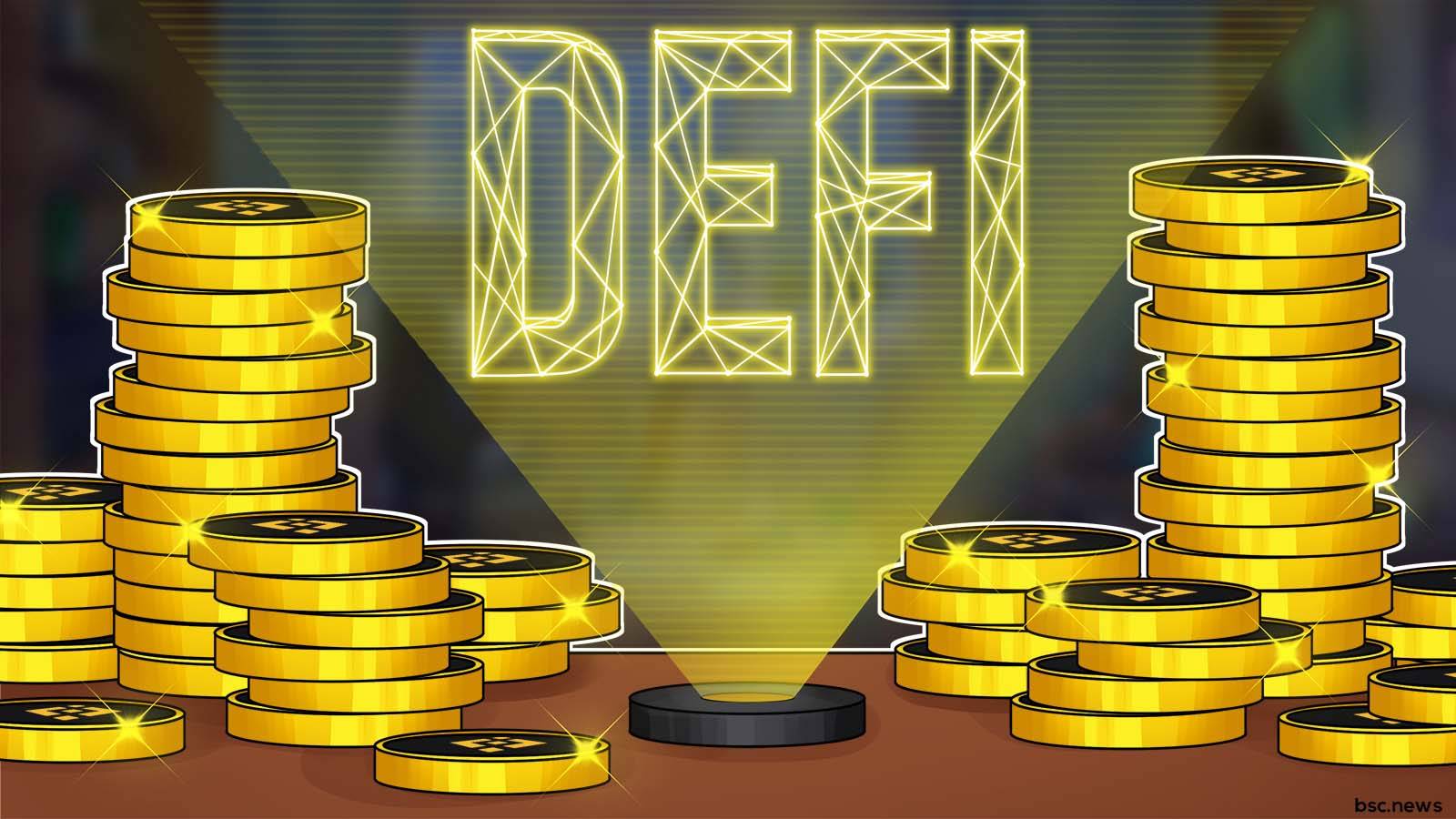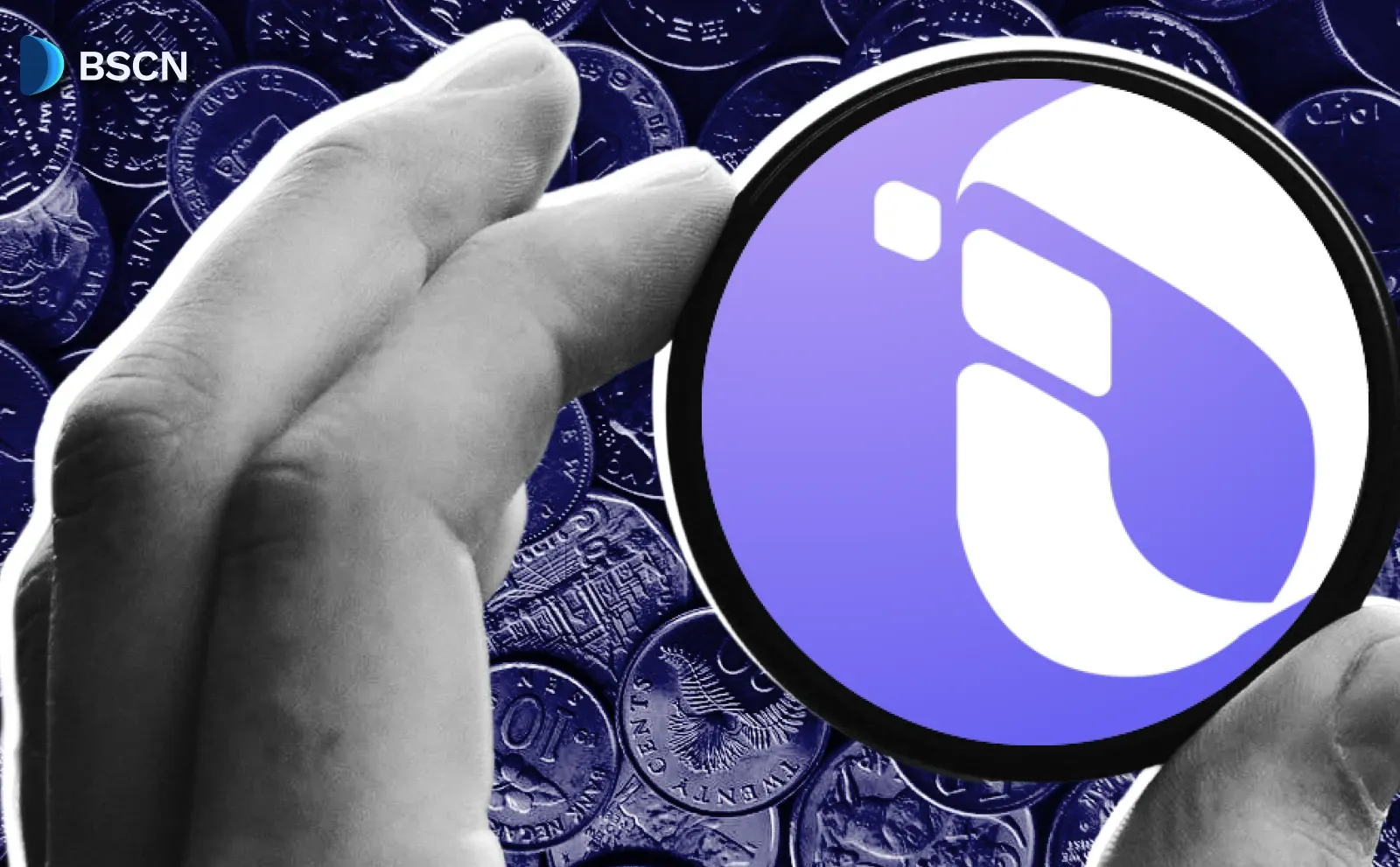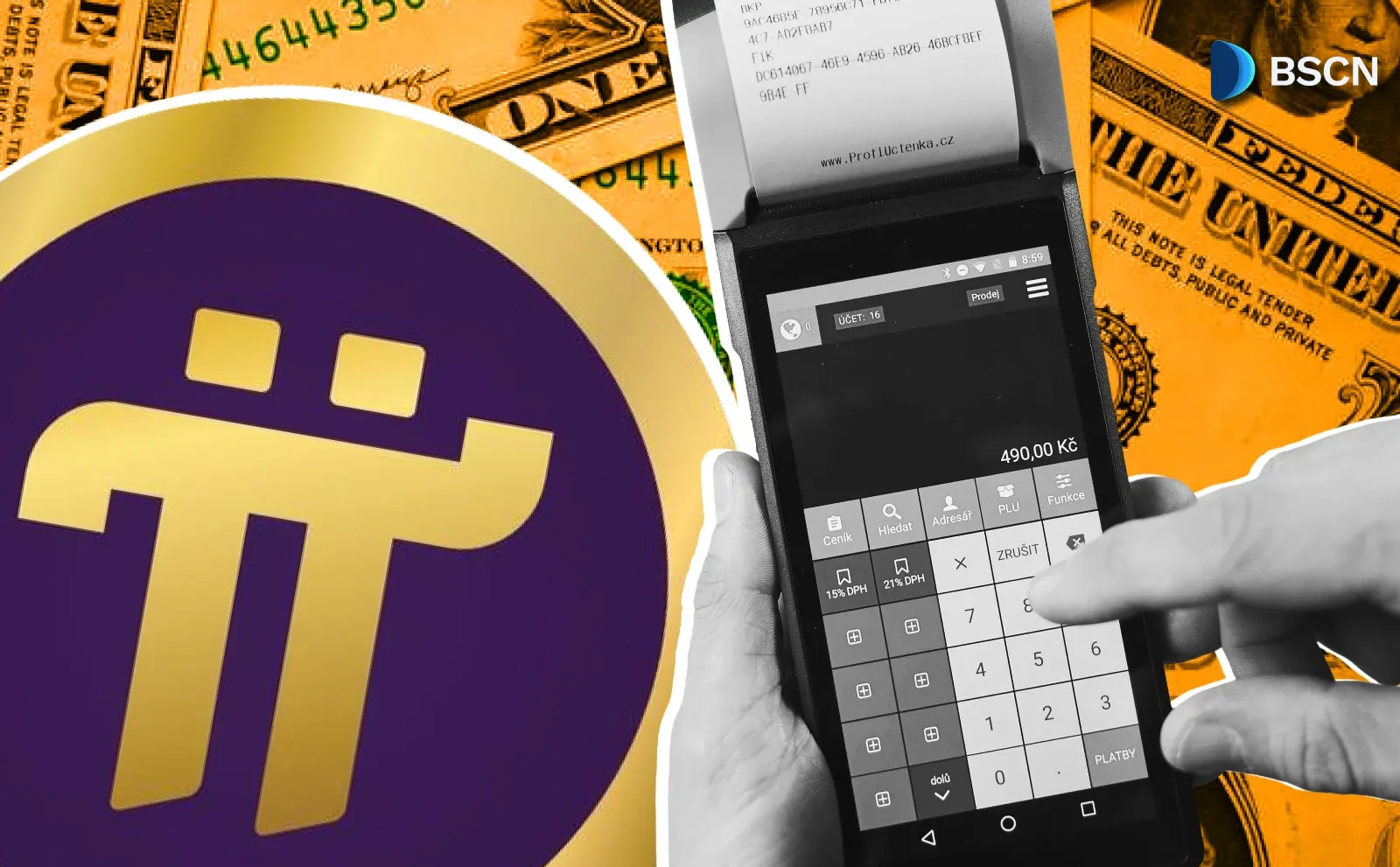Common Cryptocurrency Scams You Should Know

Cryptocurrency scams are becoming increasingly more prevalent and effective, utilizing new cunning tactics to deceive investors. In order to maintain a safe portfolio, it is essential to know the different forms of scams and how to avoid them.
BSCN
April 20, 2021
Table of Contents
Introduction to Crypto Scams
Every day, dozens of cryptocurrencies are launched. Even though cryptocurrencies got battered and bruised by market crashes in 2018, there has been a rejuvenated interest in recent times. With this increased interest comes more Total Value Locked (TVL) into these coins, leading to scammers who want to take advantage of the influx of new users. The more that investors show interest in a given cryptocurrency, the more likely they are to invest in fraudulent projects designed off of these tokens.

In many cases, most investors eager to make “quick” gains from a new cryptocurrency tend to fall for crypto scams. The development of blockchain and cryptocurrency technology is intensifying, and even expert investors may fall for crypto-related scams because of the veritable sea of terminology and protocols. Investors are not always left with assurance that a project or blockchain-related startup is legit or will eventually be successful. However, in this article, we will explain key concepts surrounding these scams, and a list of tactics investors can use to keep their portfolio protected. But first, what are the common types of crypto scams?
Common Types Of Crypto Scams
- Imposter Websites: It is possible to receive tips from an expert and still end up visiting a fraudulent page or fake website. At any given time there exist thousands of websites made to resemble original, valid startup companies. If there is no lock icon which signifies security beside the URL bar and there is no "HTTPS" in the site address, then the website has most likely been created as a scam front.
With these scams, users will be directed to a payment portal on another page. For instance, you may end up opening a link that looks like a legit website because scammers have created a fake URL with 2 instead of a letter 'z'. The website will take you to a landing page that looks near-identical to the legitimate website, making it easier to be deceived by its appearance. To avoid these scams, always ensure that you carefully check the URL of any website before you begin to invest.
- Fake Mobile Applications: This is one of the most common methods scammers use to get their victims. These fake applications are often found in legitimate outlets like Apple App Store and Google Play Store. It is usually easy to detect these counterfeit applications with a bit of research, but despite this, many investors have fallen victim to these applications. According to reports, thousands of individuals have downloaded these types of applications and have subsequently been scammed by them.
Android users stand to be more exposed to this kind of scam due to the relaxed verification of their app database, and every investor using Android technology should be aware of this. Therefore, it is vital to check the logo, spelling, and other necessary details before downloading any crypto application online.
- Phony Social Media Promotion: Despite verification requirements being increased, it can be difficult to detect if a celebrity's account is genuine. This applies to cryptocurrency media in the form of bot accounts that will direct users to make certain investments. Do not trust offers that come from Twitter or Facebook without doing a significant amount of research, no matter how tantalizing the offer may be.
These kinds of offers usually demand that you deposit some amount of your cryptocurrency, which you will not get back if it is a form of scamming. It is better to avoid any offers like this entirely, as in general they are highly insecure and untrustworthy.
- Scam Emails: These are emails sent to investors designed to appear as if a legitimate company has sent them. This tactic is generally used by scammers who do not have any ‘front’ company, and instead pose as members of reputable development teams. These emails often work in tandem with fake websites, and are usually at first glance difficult to detect as scams. You need to check if the email address is connected to the company, if the logo is the same as the company in question, and if there are any anomalies between this email and their whitepaper/website. An easy way to verify an email’s legitimacy is to contact a representative from the company and share the email with them.
How to Avoid Crypto Scams
There are lots of methods investors can use to verify that their money is being handled by professionals, but most of these methods are centered around three important concepts:
Do Your Research About The Team (DYOR)
This is probably the most important element of avoiding crypto scams. Knowing the administrative team or developers behind a speculative project is often a good way to judge their legitimacy. Many projects can become adopted by investors worldwide if a notable crypto-related personality is added to their team, as investors will trust these figures. For this reason, it is possible to find fake projects that create fake founders with well-constructed biographies that mimic real figureheads.
When you cannot find a developer's social media account like LinkedIn, Twitter, etc., you need to be alert to the possibility of a potential scam. If they do have profiles but you feel any doubt regarding legitimacy, confirm that their activities match the number of likes and their number of followers. Scammers that use bots to create a façade of a following will have tremendous disparity between followers and follower engagement. The scam bots usually cannot replicate real human interaction such as reactive conversational comments, making accounts seem hollow and empty if they rely solely on these followers.
Check The Whitepaper
A whitepaper is the foundational document of a project. The whitepaper discloses information including a project's background, goals, strategy, with the timeline the company has followed With this information, companies share their carefully constructed plans and build trust with their interested users.
It is essential to analyze the whitepaper of any project carefully before hopping into an investment. Users should look for a roadmap that the company details executing its goals, financial models, legal concerns, and SWOT analysis. Other precautionary measures should also be used, but these details are paramount for safe investment. Any company without a publicly-available whitepaper should be strictly monitored or avoided. Scams with convincing whitepapers can still exist, but generally a whitepaper should answer all the safety questions you may have as a potential investor.
Patience

The idea of getting rich instantly from an easy investment is tempting for many investors. Always be on the lookout for these types of investment schemes that “promise the moon” but deliver something far less impressive. Projects that sound too good to be true are likely scam-related. For example, "invest $x and get $30x your value in only ten minutes" is a popular scheme variant scammers use to attract potential victims who are naive about these scams.. Along with reviewing the whitepaper, investors ought to check reviews and question others who have invested in a project before investing their own capital. Having patience as an investor may seem as if you are missing gain opportunities, but the gains lost are far outweighed by the losses avoided from not being scammed.
Conclusion
Whether you are a day-trading investor or use trading applications to maximize the long-term value of cryptocurrencies, crypto scams are a danger to your portfolio. Hopefully, the ideas we have shared today can help you spot these malicious attempts by scammers and help keep your investments safe in the future!
Don’t forget to download the BSC News mobile application on iOS and Android to keep up with all the latest news for Binance Smart Chain and crypto! Check out the DeFi Direct Linktree for all the access links!
For those looking for tools and strategies regarding safety and crypto education, be sure to check out the Tutorials, Cryptonomics Explainers, and Trading Tool Kits from BSC News.
Read Next...
Disclaimer
Disclaimer: The views expressed in this article do not necessarily represent the views of BSCN. The information provided in this article is for educational and entertainment purposes only and should not be construed as investment advice, or advice of any kind. BSCN assumes no responsibility for any investment decisions made based on the information provided in this article. If you believe that the article should be amended, please reach out to the BSCN team by emailing [email protected].
Author
 BSCN
BSCNBSCN's dedicated writing team brings over 41 years of combined experience in cryptocurrency research and analysis. Our writers hold diverse academic qualifications spanning Physics, Mathematics, and Philosophy from leading institutions including Oxford and Cambridge. While united by their passion for cryptocurrency and blockchain technology, the team's professional backgrounds are equally diverse, including former venture capital investors, startup founders, and active traders.
Crypto Project & Token Reviews
Project & Token Reviews
Comprehensive reviews of crypto's most interesting projects and assets
Learn about the hottest projects & tokens





















